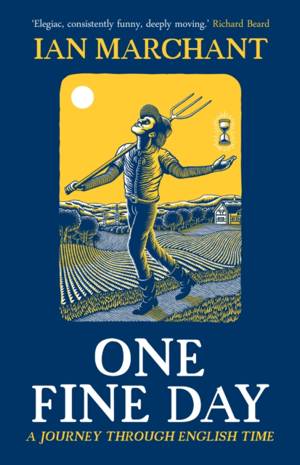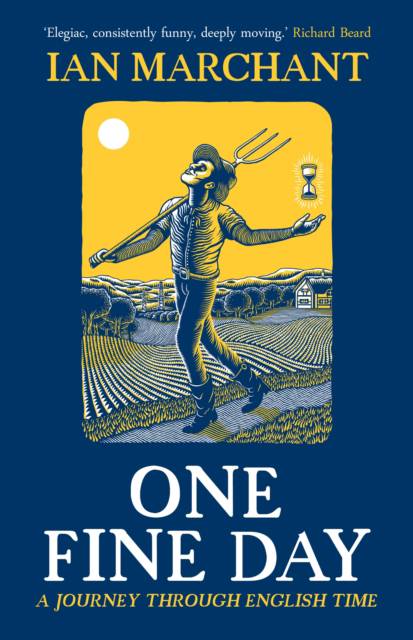
- Afhalen na 1 uur in een winkel met voorraad
- Gratis thuislevering in België vanaf € 30
- Ruim aanbod met 7 miljoen producten
- Afhalen na 1 uur in een winkel met voorraad
- Gratis thuislevering in België vanaf € 30
- Ruim aanbod met 7 miljoen producten
Zoeken
€ 33,95
+ 67 punten
Uitvoering
Omschrijving
A time-travelling, genealogical adventure,
bringing pre-industrial, rural, eighteenth-century England vividly to life on
the page.
One day Ian Marchant, acclaimed author of books
on music, railways and pubs, decided, as all
men of a certain age must, to have a dig around his family history.
Surprisingly quickly, a web search informed him that his seven-times-great
great-grandfather, Thomas Marchant had left a detailed diary from 1714 to 1728.
So far, so jolly ...
Life-loving diarist Thom - who liked a drink and a game of cards - feels
recognisably Marchant to Ian. With fascinating detail we learn about Thom's
family farm and fishponds; about dung, horses and mud; about beer, the wife's
nights out, his own job troubles and their shared worries for their children.
But as Ian digs deeper beyond the Sussex diary's bucolic portrait he discovers
a subtext - a family descended from immigrants, with anti-establishment
politics, who are struggling with illness, political instability and cash
crises - just as their country does three centuries on.
'When I was reflecting late one January evening
on the differences between Thom and me, I realised the unbridgeable thing that
comes between us is industrialisation. He lived right at its beginning, while I
am living somewhere towards its end. Old Thom Marchant was one of the last
people before industrialisation to understand how his world worked - and how to
be largely self-sufficient in it. He knew where his food came from, his fuel,
his water, his clothes. He knew how the welfare system worked, and was part of
its administration; he knew who looked after the roads, too. He collected
taxes. He was not separate from the system, but part of it.'
Rich with immersive detail, One Fine Day
draws a living portrait of Marchant family life in the 1720s and how their
England (rainy, muddy, politically turbulent, illness-ridden) became the
England of the 2020s.
Specificaties
Betrokkenen
- Auteur(s):
- Uitgeverij:
Inhoud
- Aantal bladzijden:
- 320
- Taal:
- Engels
Eigenschappen
- Productcode (EAN):
- 9781912836994
- Verschijningsdatum:
- 20/06/2023
- Uitvoering:
- Hardcover
- Formaat:
- Genaaid
- Afmetingen:
- 142 mm x 218 mm
- Gewicht:
- 566 g

Alleen bij Standaard Boekhandel
+ 67 punten op je klantenkaart van Standaard Boekhandel
Beoordelingen
We publiceren alleen reviews die voldoen aan de voorwaarden voor reviews. Bekijk onze voorwaarden voor reviews.











